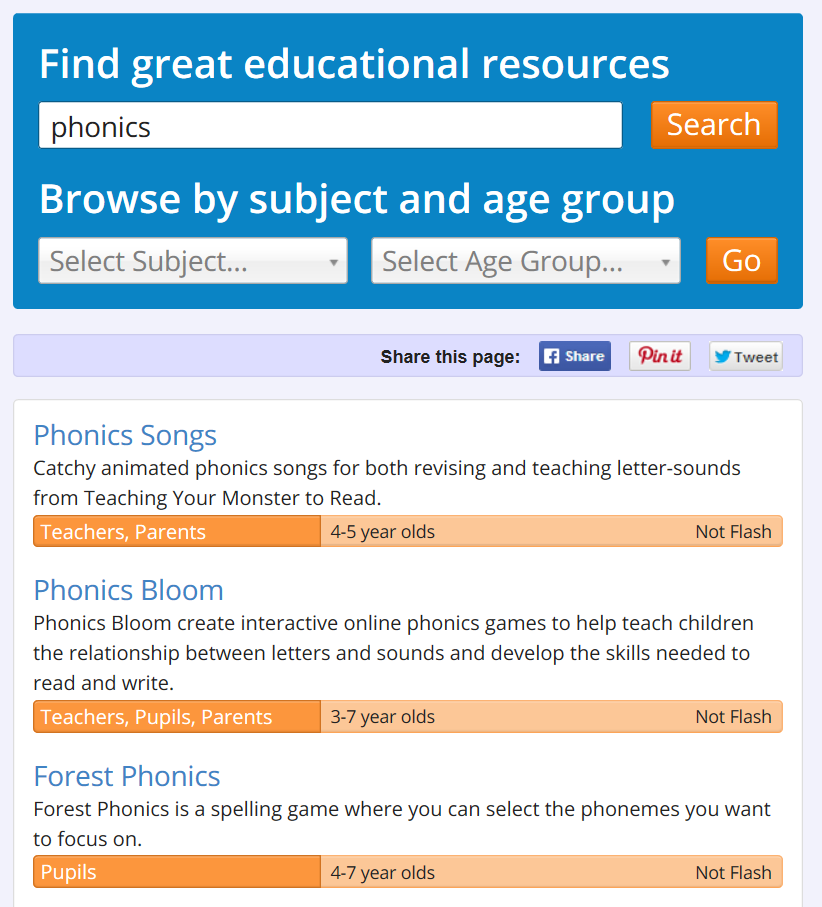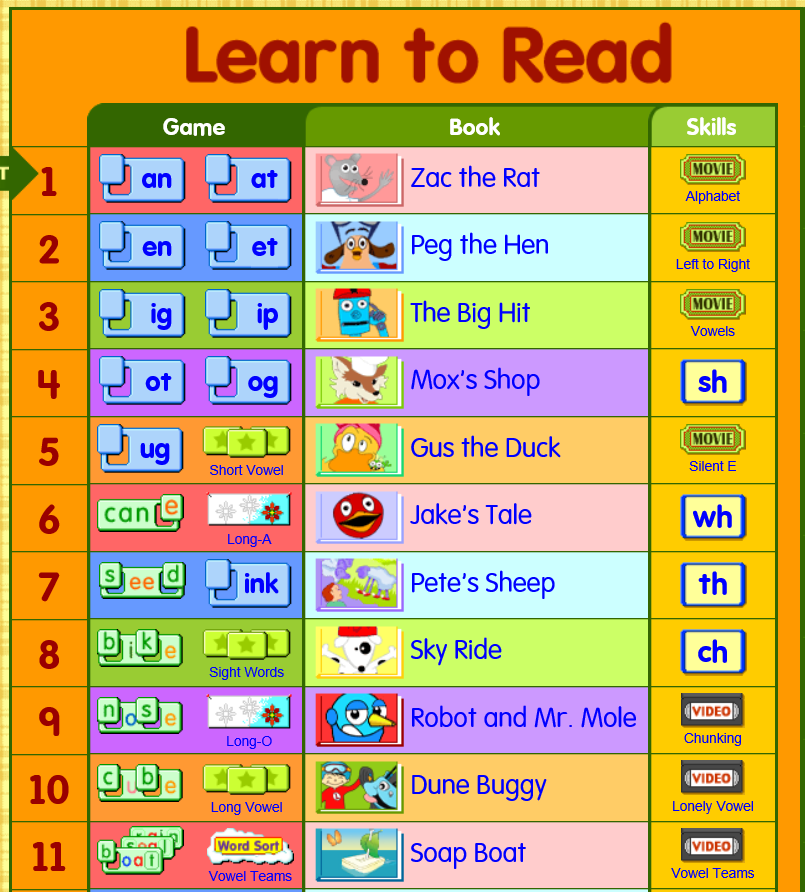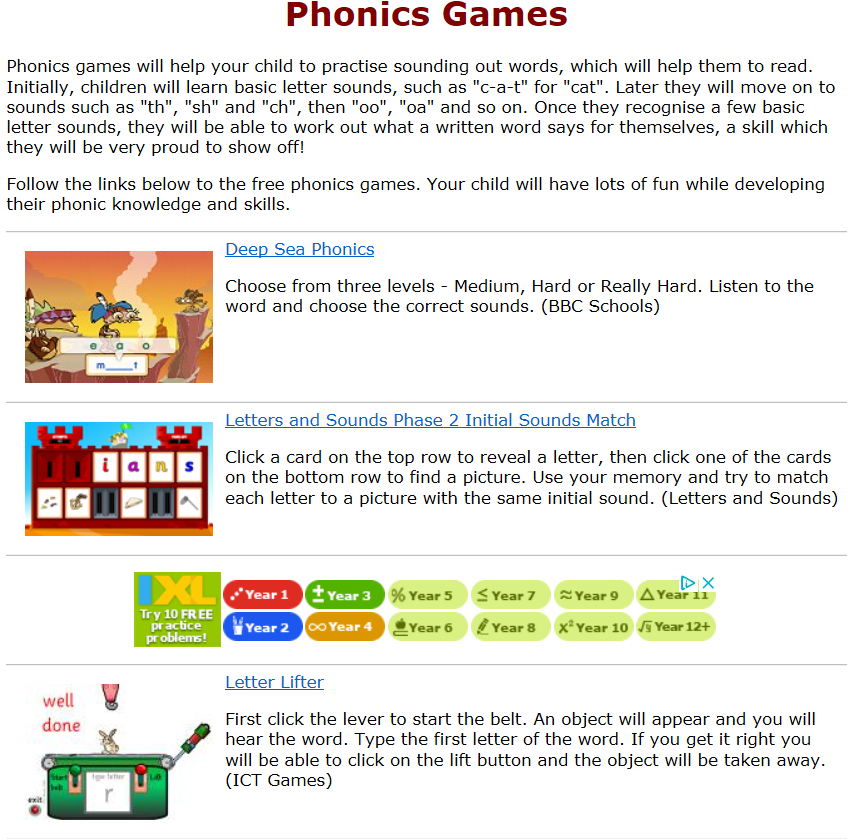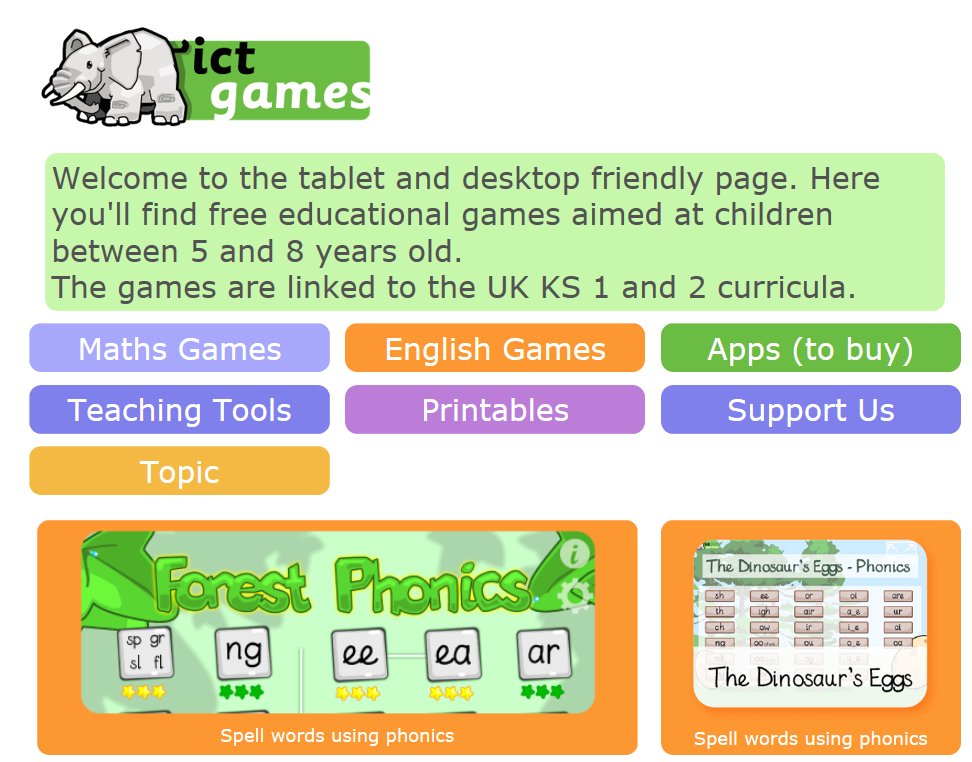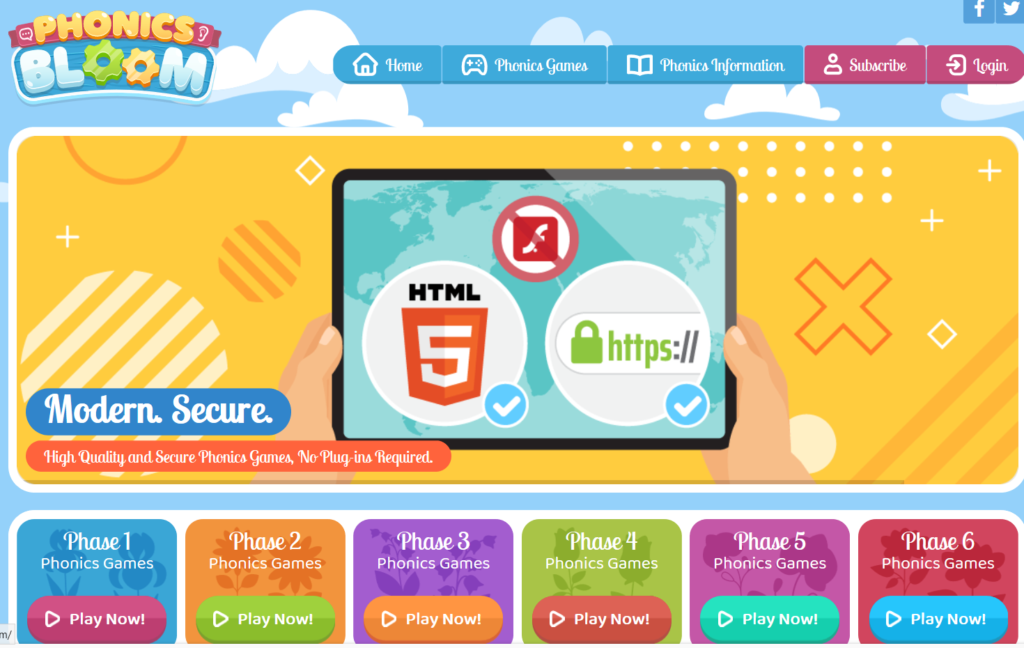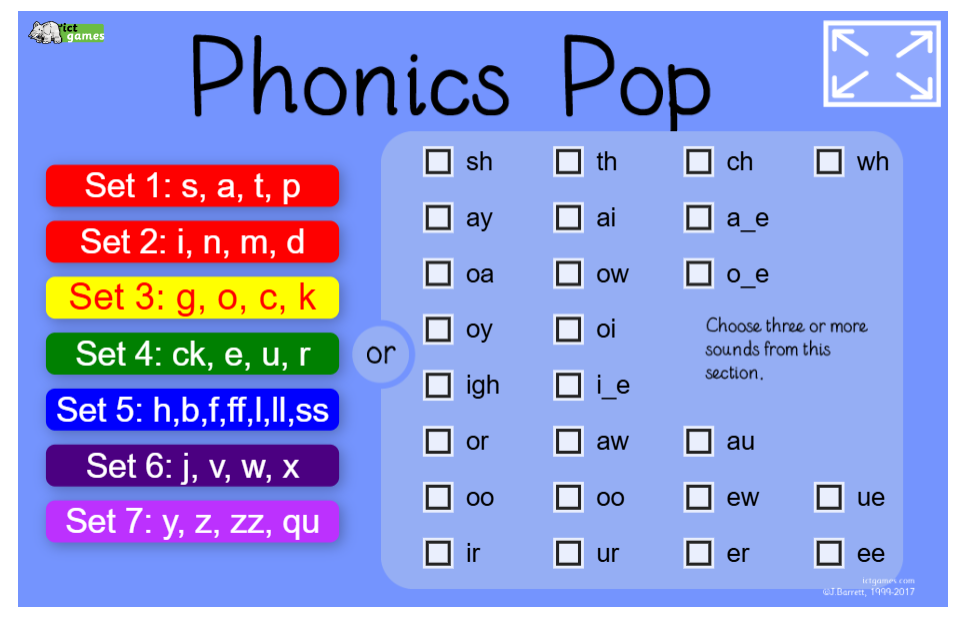When children are in school they spend time every day focussing on phonics. This helps them to make links between the sounds that they hear and the letters they see around them. When children read they need to link the letters they see on the page to sounds so that the word makes sense. When they write they need to reverse the process and convert the sounds they hear to letters on the page.
In English we have 26 letters in the alphabet but our language is made from about 44 sounds (or phonemes). This means that letters need to be put together in groups so that all the sounds can be made. On this page are some resources to help you support your child to develop their phonic knowledge.
How to say sounds so children can blend them to make words
No Nonsense Phonics
Wadsworth Fields Primary School follows the No Nonsense Phonics programme.
This is a DfE validated Systematic Synthetic Phonics (SSP) programme. It will run alongside the reading schemes which are used in school (Big Cat Phonics and Rising Stars). As recommended in the programme children will be taught phonics in class groups and will be introduced to 2 new sounds each week.
They will review and recap sounds as a class and learn to use phonics to both read and spell words. Reading books are allocated alongside the phonics programme and allow children multiple opportunities to embed their learning.
There are lots of free resources on the No Nonsense Phonics site and videos showing how some of the sessions are taught: https://phonicsintervention.org
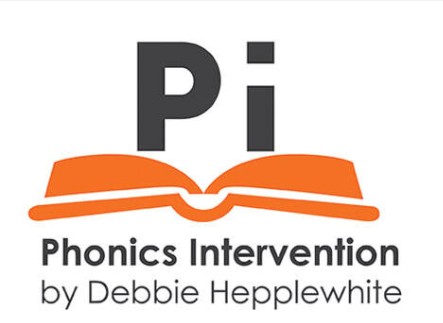
Phonics Charts
In nursery and reception children do not learn all of the ways to make each of the sounds they hear. In year 1 usually children start to learn a wider range of ways to make each sound. We have a range of matching phonics mats which are used through school so that children are able to build on what they are learning.
If you would like a copy of a sound mat please speak to your child’s teacher.
Phonics Games
Here are some websites with activities and games that you might find useful if you would like to support your child with their phonics learning at home. If you are not sure which sounds or phase of phonics your child is working on, please speak to their class teacher.


